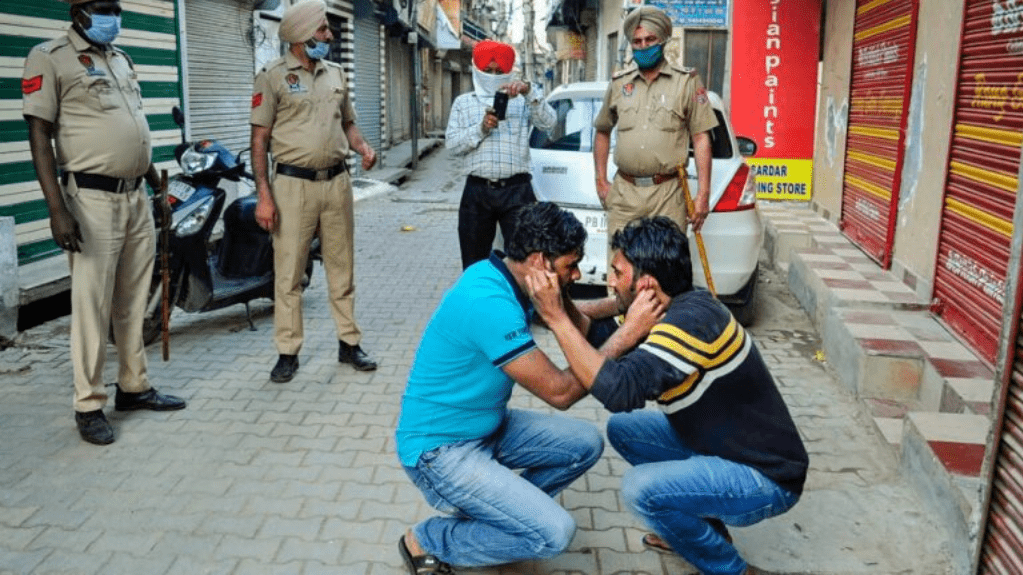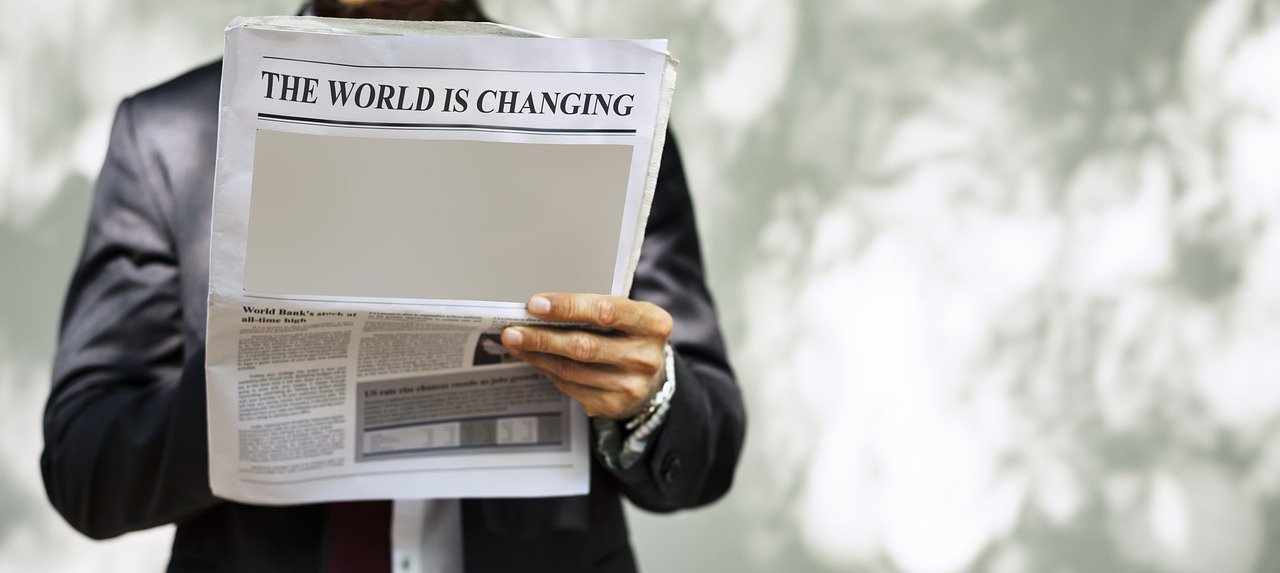Human suffering comes in many shapes and forms. There is one kind that an individual goes through in his life, not because of a particular central external reason but because of his individual choices or due to what we sometimes refer to as ‘fate’. Fate is not a word rational people really like to hear but here is an example – a person who smokes a pack of cigarettes every day is making a choice. If cancer gets to him one day, there isn’t much he can blame the world for. On the other hand, if someone isn’t into any such harmful habit or say, a newborn gets cancer, there isn’t much externally available to blame. You could point at environmental factors, and it could be true. However, there are others living around who are not affected and spend a medically decent life.
What we don’t understand gets thrown into this bucket of ‘fate’. So, there is this suffering attached intrinsically to your life’s journey – some common, some rare. We all have gone through our own share of suffering at different points in life.
Another kind that we have seen very recently, starting from the year 2020, is the suffering that’s common to the entire society – where a whole city, country, or the entire world suffers because of mainly two factors – catastrophes – natural or man-made. An unexpected flood, a Tsunami, an earthquake – we suffer as a single population – some are less impacted than others but there is suffering at every level. The man-made ones – a war, a partition, an exodus, a pandemic – can also cause suffering to an entire population. When it comes to a war or a locally contained natural disaster, there is a world that remains directly untouched, sometimes even unaware for several reasons. However, the recent pandemic, perhaps for the first time in the last two-three generations has caused immeasurable suffering across the world. A virus kept mutating and tormenting the world and all we could do was just sit and watch things happening to us and havoc being wreaked upon our lives. Everyone I know lost someone in these last couple of years. People who otherwise had no reason to leave this world had to go without having a chance to be near their loved ones in their final moments. Infection, symptoms, quarantine, suffering, hospitalization or its denial, oxygen shortage, waiting, more suffering, death – it was a matter of going through the motions – like things had to happen sooner or later, and there wasn’t anything one could do about it except being ‘careful’, as careful you could be, given the circumstances.
People have spoken and written about the lessons from the pandemic at length, many of them already forgotten or lost in the second or 2000th page of the internet and of our own minds. I would however like to recall just one thing, the biggest one perhaps from all of it – that human suffering is alike across the world at a fundamental level – money, power, poverty – all of them – do cause differentiations till a certain point but when the universal suffering endures, the artificial layers peel off, sometimes on the very first hit and sometimes taking a few more hours on the clock. The result – we are all exposed.
The TV Series ‘The Last of Us’ based on a 2013 video game plot wherein a pandemic is caused by a mass fungal infection forcing its hosts to transform into zombies is thankfully not about the zombies. It is about the humans, as they were before they turned into these zombies, or how they survived the next attack. It is about their lives and the hundred thousand ways they have been tormented by the pandemic. The show takes us through a post-apocalyptic world of 2023 with the help of a few characters who either get infected or don’t but suffer all the same, much like what transpired in the last couple of years with the real pandemic. The writers with their characters zoom in on individual suffering as a study of human suffering in general and deliver the message of pain through your screens to your heart. I know someone who lost her child a day before the delivery was due, I also know a 79-80 years old gentleman who was working on a book and editing articles for a magazine and died being concerned about their completion in the hospital ward. I know someone who refused to go to the hospital and died and I know someone who went to the hospital in time and died nevertheless. I know a 20-something who had to take care of his infected parents for about a couple of months while being infected himself. When I watched the show, episode after episode, these faces appeared in front of me through the characters who suffered on screen. So many promises and plans just lying there, floating over the searing funeral air, undelivered, now orphaned, and unclaimed – that your spirit begins to crumble and hope seems to be a pointless concept.
While the show starts with a grim assessment by scientists, the flame of hope doesn’t go out. It was hope, a hope of medicines or a vaccine, a hope of immunity kicking in, a hope that we would be able to survive – that has carried us to where we stand today. I do not know how the show ends at this point in time and maybe we will never know what series of pandemics are still in store for us humans in the real world – but I know an Indian doctor who served without a pause in one of the remotest regions where people could ill-afford quality healthcare during the pandemic and helped thousands of patients at the area hospital as well as over phone calls and WhatsApp. So, we keep the hope alive, at least as long as we have such people walking amongst us. Things may or may not get better but even if they don’t, whenever the last of us tell our story, they will zoom in on our common suffering and the hope we kept lit in our hearts till our last breath.
Like what you just read? Become TheSeer Insider. You will be receiving a letter from us once in a while to help you live a more mindful life. Enter your email id below and click on subscribe. We won’t spam you, ever!





